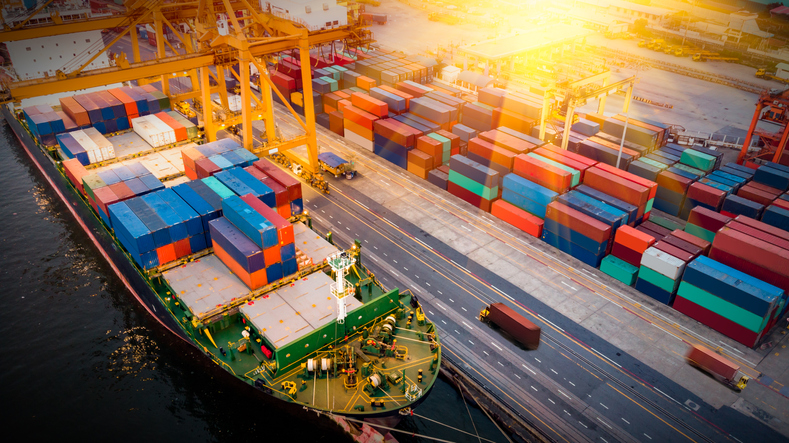Q1, 2024: When Food Scarcity Trumped Non-Oil Exports Policy
April 19, 2024
INSIGHTS & OPINIONS

INSIGHTS & OPINIONS

The promotion of non-oil exports in Nigeria often takes centerstage when crude oil (the bride of successive administrations) fails to deliver the goods - usually from inadequate crude oil production, massive oil theft that impacts Nigeria’s ability to meet production quotas or where the per barrel price in the international market is below budget benchmarks.
The current administration has repeatedly declared the promotion of non-oil exports as a key objective, but the jury is still out on whether sufficient priority is being accorded to the sector. A clear strategy/roadmap for promotion and protection of the non-oil sector that stakeholders can rely on (and hold government accountable to) is lacking. Evidence of the disconnect between policy intentions and actual operations of key government stakeholders came to fore in the past few months.
In the first quarter of 2024, following drastic policy changes in the preceding months (especially removal of fuel subsidy and currency float/devaluation of the Naira), as well as incidences of banditry and kidnapping, Nigerians experienced a sharp increase in inflation, food supply shortages and steep rise in cost of living. Food scarcity and attendant hunger quickly emerged as threats to peace and security across the country. To avoid escalation into widespread unrest, governments at the federal and subnational levels began to apply various measures to bring the situation under control.
Read more below: